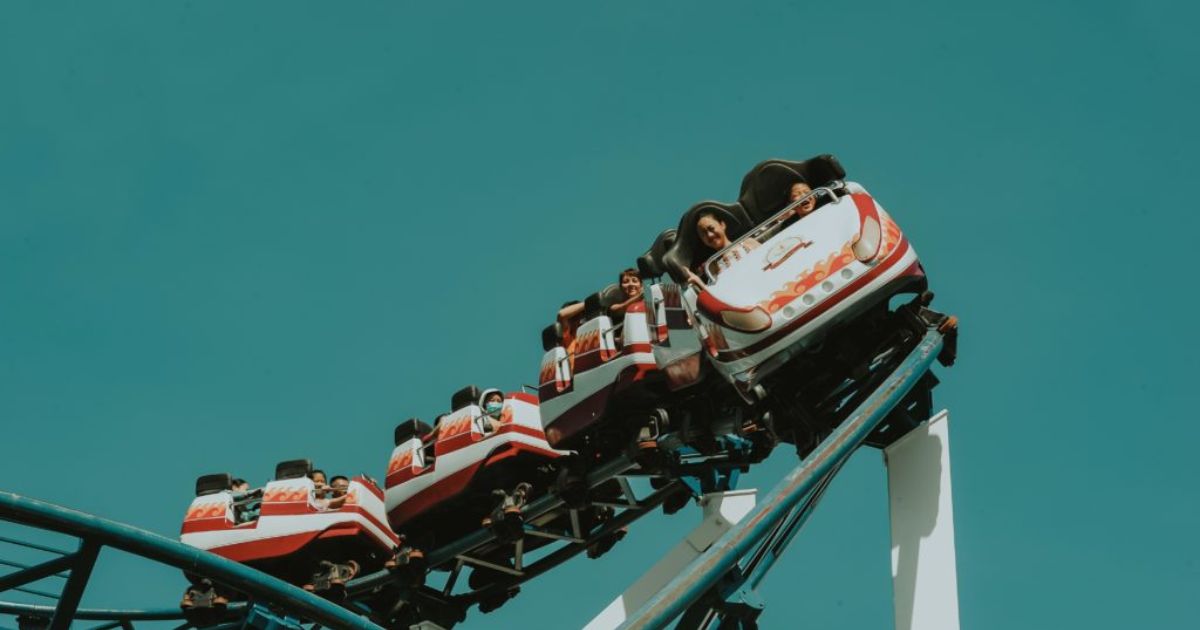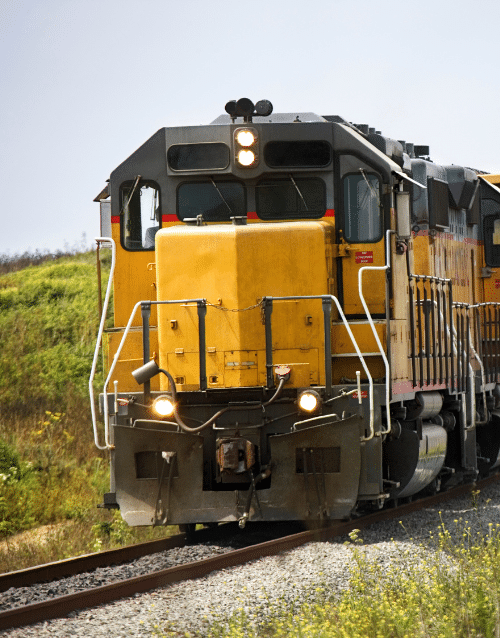Every year millions of people have fun at amusement parks and state fairs. Although it is a safe experience for most of them, a tragic accident in Colorado that has resulted in a wrongful death lawsuit highlights the dangers of rides at amusement parks.
A six-year-old girl died last month at Glenwood Caverns Adventure Park. Now the girl’s family has sued the park after operators failed to properly secure their daughter on a ride.
According to Fox News, Estifanos Dagne and Rahel Estifanos, the parents of Wongel Estifanos, filed a wrongful death lawsuit just weeks after the tragedy.
Attorneys for the girl’s family say they are devastated and want to make sure no other family goes through the ordeal they have endured.
Sadly, more people are killed and seriously injured on rollercoasters and other rides than many of us think. Human error and mechanical defects are the main causes of injuries. The wrongful death lawsuit filed by Wongel’s parents state she was riding the Haunted Mine Drop with her uncle who believed the ride operators had properly secured the six-year-old.
Tragically, this was not the case. When the ride stopped at the foot of a 110-foot mine shaft, Wongel’s uncle was horrified to see she was no longer in her seat. He then saw her battered body at the bottom of the mine shaft.
The lawsuit said she fell to her death suffering multiple fractures, brain injuries, and external and internal lacerations.
Colorado safety officials later released a report stating Wongel was not properly secured in her seat by ride operators. Fox News reported the ride’s operators apparently did not notice that Wongel was sitting on top of the seat belts instead of being correctly strapped in. The ride’s system alerted the operators to the problem, but they reportedly took “several incorrect steps” and started the ride after resetting the seatbelt monitors.
Media reports suggested it was not the first time employees at Glenwood Caverns Adventure Park failed to secure riders. The lawsuit referenced at least two other instances where ride operators failed to ensure all riders were bucked in, one in July 2018 and one in August 2019.
A woman reportedly informed the amusement park a teenage boy on the ride with her was not secured in 2018.
Fatalities occur on rollercoasters and other rides more often than theme parks lead us to believe. According to the US Consumer Product Safety Commission, an average of 4.5 people in the United States lost their lives on amusement park rides from 1987 to 2000. From 1994 to 2004, 22 Americans died on rollercoasters died due to mechanical failure or operator errors.
Statistics from the Consumer Product Safety Commission found about 45,000 injuries are associated with amusement rides and water slides every year. Most of these – more than 30,000 – involved people under the age of 18. We seldom hear about amusement park accidents unless they are major tragedies.
Neck and head injuries were the most common at 28 percent, with 1.5 percent of the theme park and water park injuries requiring hospitalization, the study said.
Tragic incidents in the United States include the Ohio State Fair tragedy in 2017 when a pendulum ride called “The Fireball” malfunctioned. Some seats fell from the swinging arm, flinging multiple passengers in the air. The accident killed one rider and injured seven others.
The deadliest roller coaster accidents in U.S. history occurred in 1930 when a brake mechanism failed on the Big Dipper in Nebraska and jammed the rollercoaster’s wheel. The train then derailed and plunged 35 feet. The accident killed four riders and injured 19 more.
More recently, the 10-year-old son of a Kansas state legislator was killed on the world’s tallest water slide. Investigations later revealed the Verruckt water slide did not comply with international safety standards. However, Kansas law did not require it to meet the standards at the time of construction.
Every year thousands of people flock to amusement parks such as Busch Gardens in Williamsburg and King’s Dominion near Richmond. Mechanical failures can and do occur at amusement parks. Earlier this year, 28 people were rescued from the Griffin rollercoaster at Busch Gardens when it stopped unexpectedly. Fortunately, nobody was injured in the incident. It’s unclear why the coaster stopped.
If you or a family member has suffered an injury on a rollercoaster or a funfair ride, please contact our Virginia injury lawyers.






